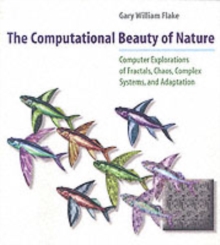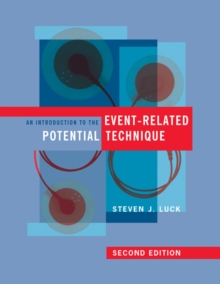
Paperback / softback
Description
Josef Stern addresses the question: Given the received conception of the form and goals of semantic theory, does metaphorical interpretation, in whole or part, fall within its scope?The many philosophers, linguists, and cognitive scientists writing on metaphor over the past two decades have generally taken for granted that metaphor lies outside, if not in opposition to, received conceptions of semantics and grammar.
Assuming that metaphor cannot be explained by or within semantics, they claim that metaphor has little, if anything, to teach us about semantic theory.
In this book Josef Stern challenges these assumptions.
He is concerned primarily with the question: Given the received conception of the form and goals of semantic theory, does metaphorical interpretation, in whole or part, fall within its scope?
Specifically, he asks, what (if anything) does a speaker-hearer know as part of her semantic competence when she knows the interpretation of a metaphor?According to Stern, the answer to these questions lies in the systematic context-dependence of metaphorical interpretation.
Drawing on a deep analogy between demonstratives, indexicals, and metaphors, Stern develops a formal theory of metaphorical meaning that underlies a speaker's ability to interpret a metaphor.
With his semantics, he also addresses a variety of philosophical and linguistic issues raised by metaphor.
These include the interpretive structure of complex extended metaphors, the cognitive significance of metaphors and their literal paraphrasability, the pictorial character of metaphors, the role of similarity and exemplification in metaphorical interpretation, metaphor-networks, dead metaphors, the relation of metaphors to other figures, and the dependence of metaphors on literal meanings.
Unlike most metaphor theorists, however, who take these problems to be sui generis to metaphor, Stern subsumes them under the same rubric as other semantic facts that hold for nonmetaphorical language.
Information
-
Available to Order - This title is available to order, with delivery expected within 2 weeks
- Format:Paperback / softback
- Pages:406 pages
- Publisher:MIT Press Ltd
- Publication Date:25/03/2016
- Category:
- ISBN:9780262529587
Other Formats
- PDF from £31.50
Information
-
Available to Order - This title is available to order, with delivery expected within 2 weeks
- Format:Paperback / softback
- Pages:406 pages
- Publisher:MIT Press Ltd
- Publication Date:25/03/2016
- Category:
- ISBN:9780262529587










